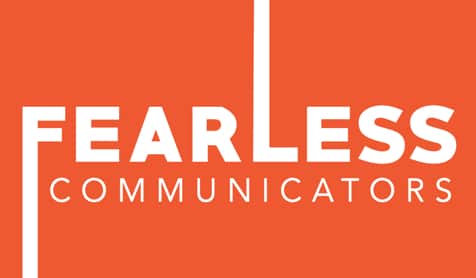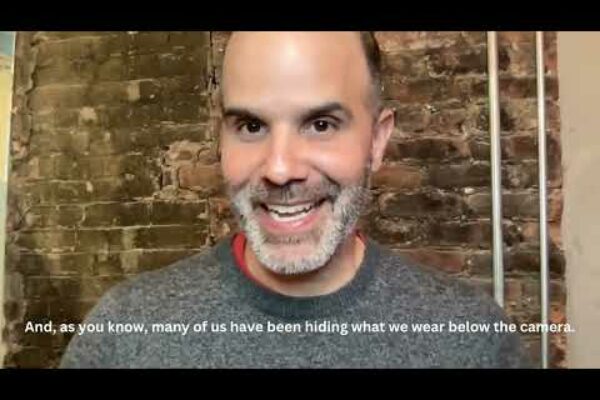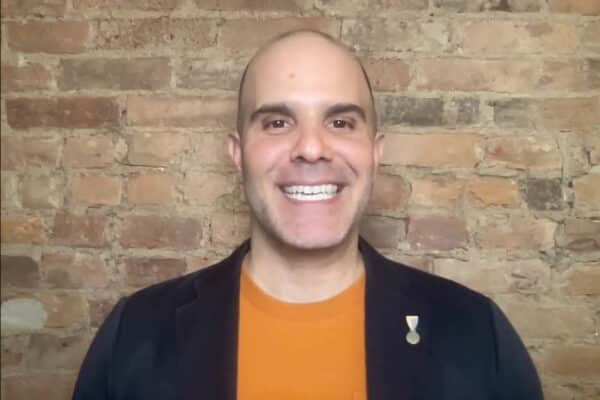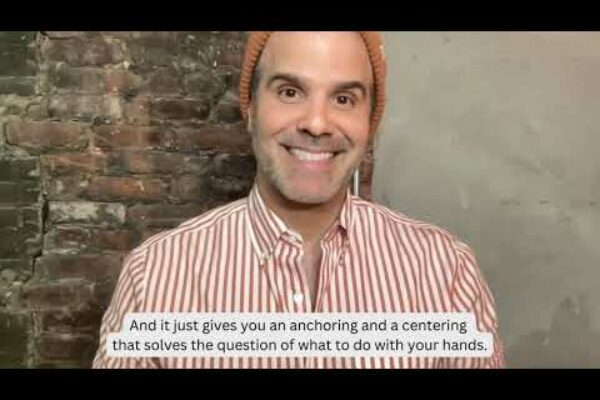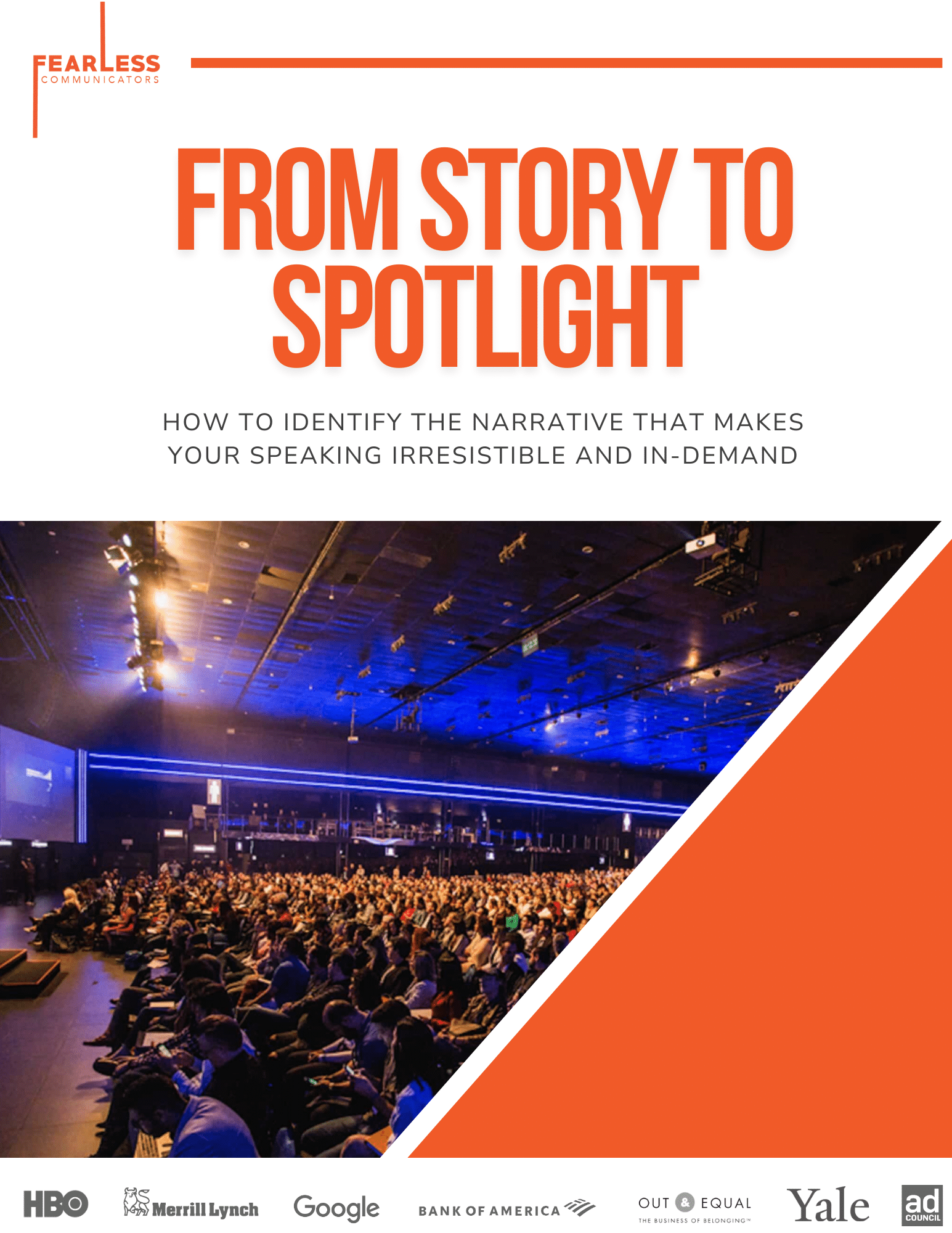“It behooves every man to remember that the work of the critic is of altogether secondary importance, and that, in the end, progress is accomplished by the man who does things.” – Theodore Roosevelt
She looks me straight in the eyes and says . . .
“I love that you’re a Public Speaking Coach. I want you to be BRUTALLY HONEST with me.”
I’m taken aback by the request. She’s a known speaker preparing for a big event.
I take a beat and respond . . .
“I’m unwilling to be brutal with anyone about anything.”
It is well known that after death, people’s number one fear is Public Speaking. At the root of it, I imagine, is the brutal way that parents, teachers, bosses, etc. offer “criticism” about one’s speaking. The experience is often punitive and rarely empowering.
I believe that we are ALL on a sliding scale of getting better. Even well known and accomplished speakers use vocal fillers, have vocal patterns and move around the stage like a “pacing tiger, hidden dragon.”
If you are looking to improve your speaking, consider the language you use to invite others to offer their opinion . . . since after all . . . it is just that . . . AN OPINION.
Here are THREE IDEAS:
- Invite your colleague or boss to give you FEEDBACK and/or INSIGHT. Criticism often triggers their and your critic and can shut you down.
- Let the person know what you’re working on in regards to your speaking so that they can look for specific habits that you’re looking to break.
- When we invite someone to give us feedback or insight, the first thing that people think to offer is what they believe you can do better (notice I did not say wrong.) Give them room to ALSO share what you did well.
Please feel free to share any other suggestions on how to be a Public Speaking Champion.
Speak up. Speak often. Speak fearlessly.
Fearlessly yours,
Eduardo
Transcript
It is time for your Fearless Monday Minute. A couple of years ago, I was speaking to a professional speaker, and when she found out that I was a public speaking coach, she said, “Great, I want you to be brutally honest with me”. And I took a pause, and I lovingly shared, I will never be brutal with anyone about anything, and what I want us to consider is the words that we use to invite people to observe and comment on our speaking, and oftentimes words like “brutal” or “criticism”, trigger a certain meanness or cruelty consciously or unconsciously from the listener, and whether we think we have the skin to tolerate it. Oftentimes what that does is it triggers our critic as well. Instead, what I invite you to do is reframe, and use the word “feedback” or “insight”. And again, I believe we’re all on a sliding scale of getting better, and at the end of the day, what we don’t need are critics; what we need are champions.
